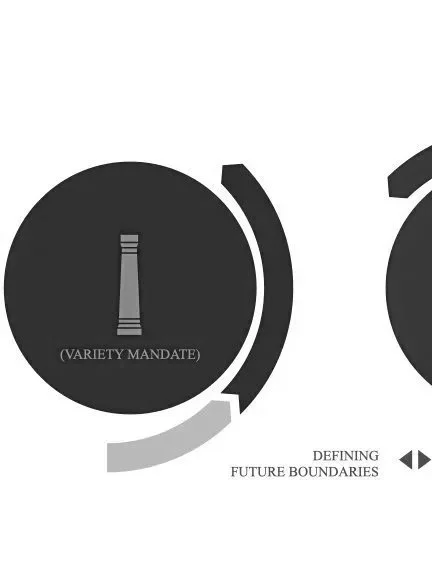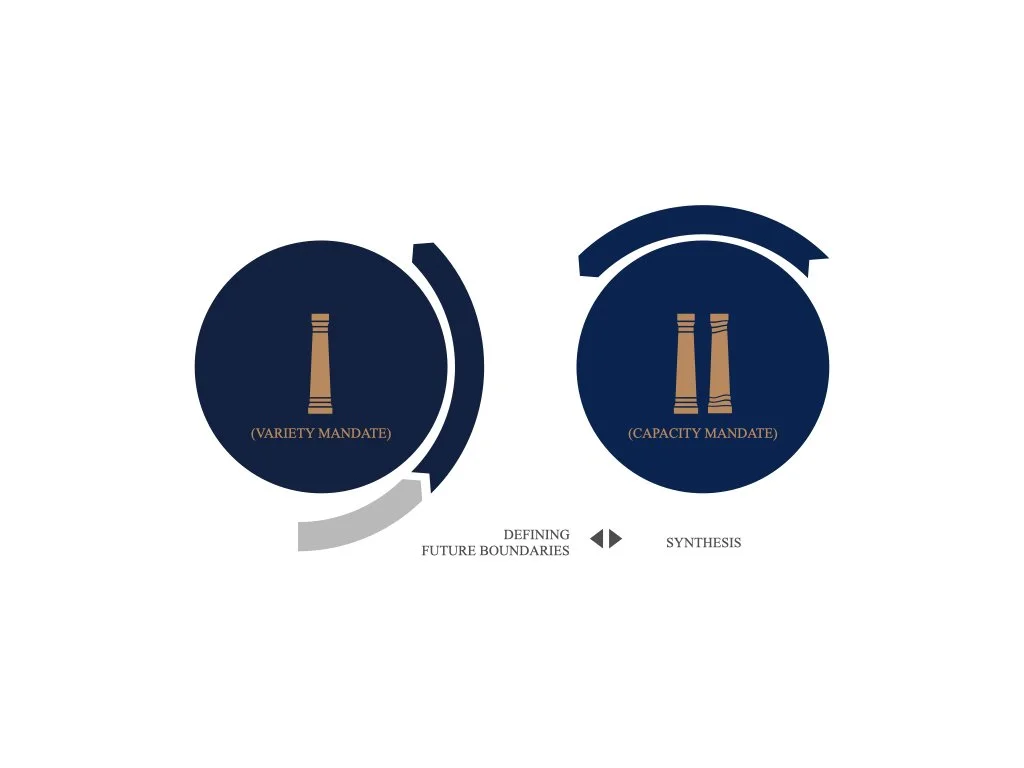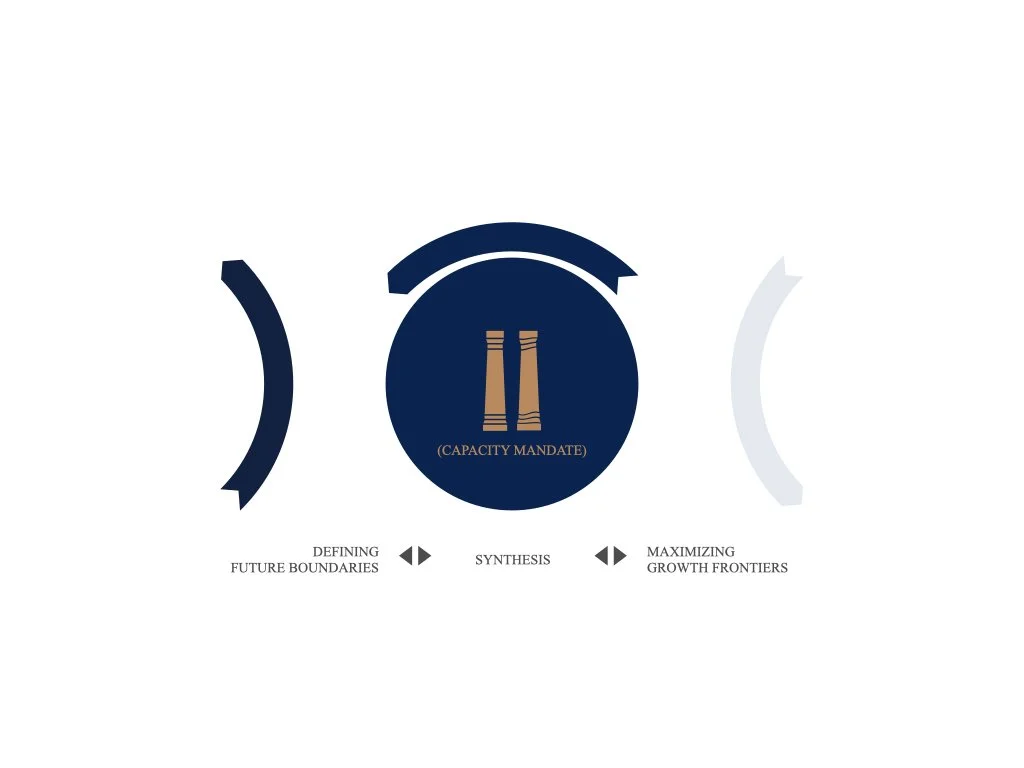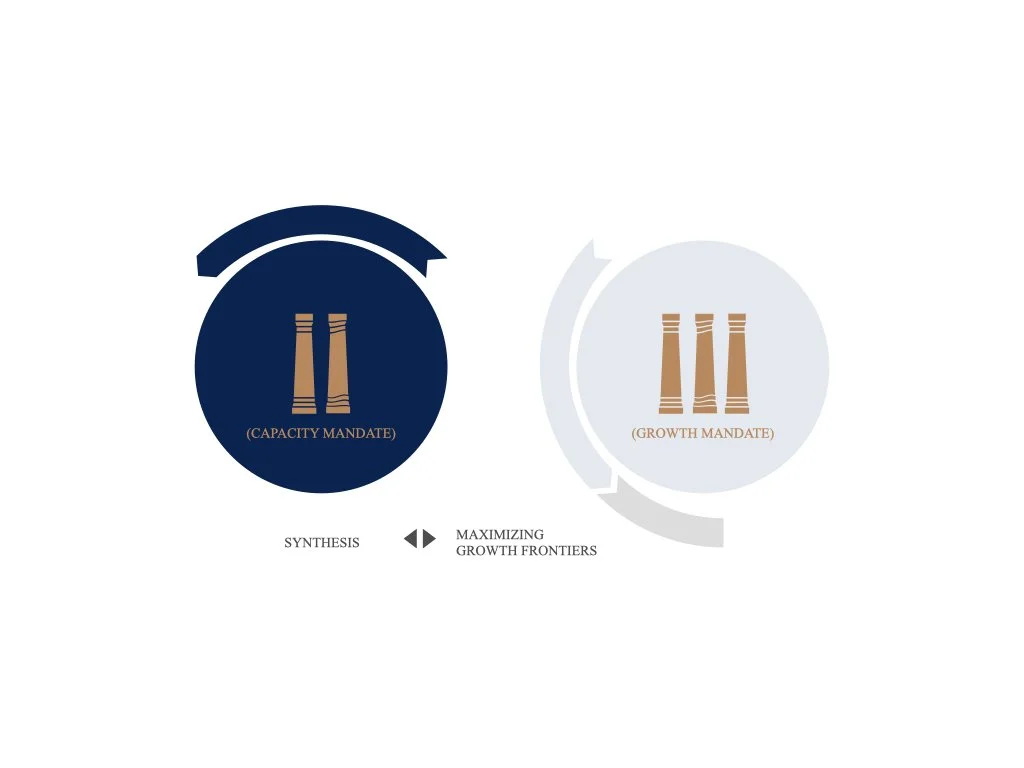
The Columbiae Group is dedicated to helping markets build the capabilities they need to evolve, endure, and advance without pause in complexity. Our approach is repeatable, improvable, and fully generative. Rotating intellectually, shaping, and being shaped by the lived experiences and resources that allow development from within and respond to environments with intentional, durable pathways forward.
The Synthesis of External Complexity and Internal Capacity
The market lifecycle is interpreted as the ongoing, required synthesis between external complexity and internal capacity. The Columbiae Group secures value by providing the three proprietary mechanisms necessary to transform volatility into viability.
Adapting Constraints to Extend Boundaries
Sustaining Strategic Variety:
Ensuring market strategy possesses the same degree of variety as the external environment. This prevents obsolescence by proactively integrating future market dynamics, thereby guaranteeing competitive relevance before market signals reduce future freedom.
(Re)Contextualizing Problem Spaces to Expand Frontiers
Generating Adaptive Capacity:
Converting external complexity into leveraged knowledge. This re-architects the internal scope to assimilate change at scale, moving faster than the market to establish proprietary internal architectures that optimize the value-risk conditions to minimize external constraints and maximize internal capacity - generating the freedom to dictate the market.
(Re)Orienting Opportunities to Maximize Growth Frontiers
Achieving Self-Sustaining Growth:
Translating successful adaptive efforts directly into superior financial returns. Through constantly calibrating the calculus, decoupling long-term success from external market dependence, making growth an internally-driven, predictable function of adaptive scope and scale. Ready to acknowledge, assimilate, and apply through the next cycle.






